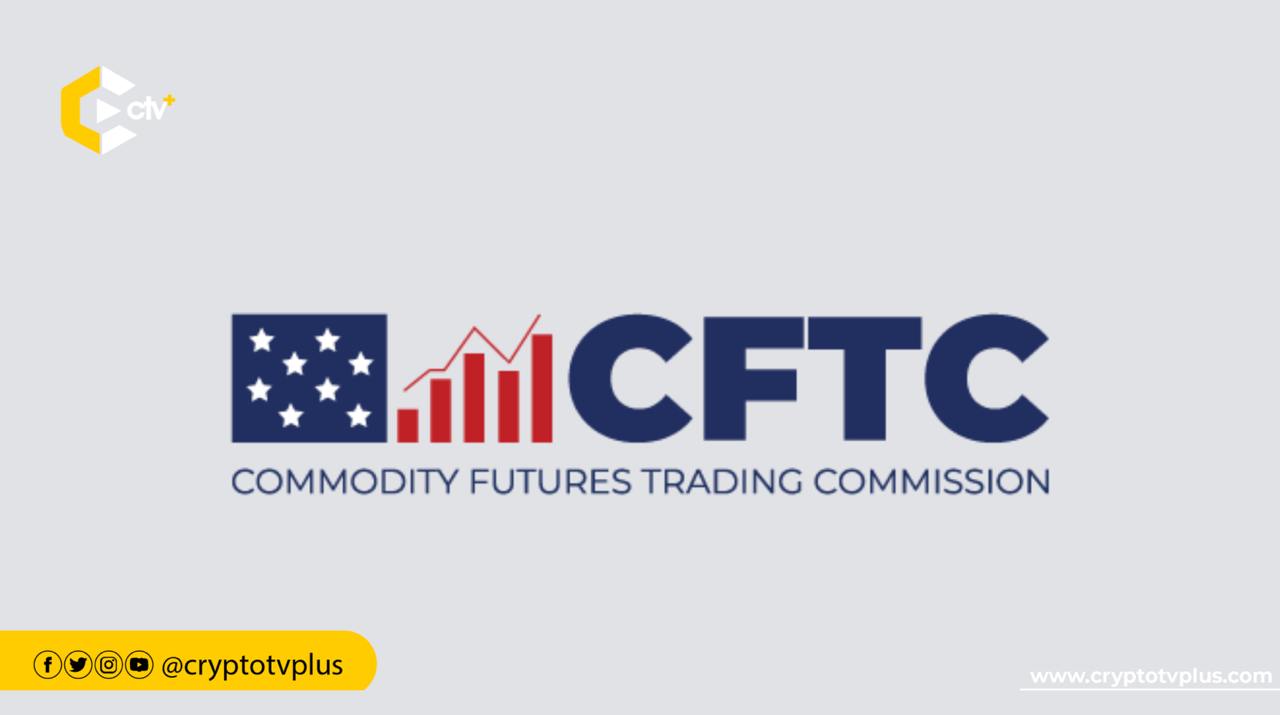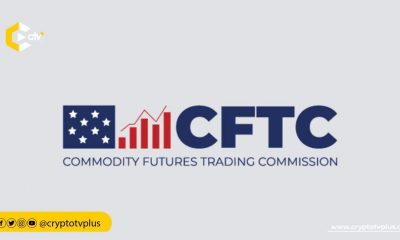News
CFTC refocuses efforts to fight fraud and protect victims

The Commodity Futures Trading Commission (CFTC) is making important changes to how it enforces rules in response to fraud and manipulation. Caroline D. Pham, the Acting Chairman of the CFTC, announced this, stating the new direction the commission will give attention to.
The CFTC announced a reorganization of the Division of Enforcement to strengthen efforts against fraudsters and protect market participants. The new structure aims to end “regulation by enforcement” and focus on helping victims rather than punishing good people.
The Commodity Futures Trading Commission (CFTC) is a U.S. government agency that regulates derivatives markets, including futures, options, and swaps. Established in 1974, its primary role is to ensure market integrity, protect investors from fraud and manipulation, and promote financial stability.
The CFTC oversees exchanges, clearinghouses, and intermediaries to enforce fair trading practices. It also plays a key role in regulating cryptocurrency derivatives, distinguishing them from securities, which fall under the SEC’s jurisdiction.
Over the past few years, the CFTC has made significant strides in tackling fraud within the crypto market, taking action against bad actors who try to manipulate or deceive. Fraud tactics have evolved rapidly, and the CFTC is adjusting to stay ahead.
Brian Young, the Acting Director of Enforcement, stated that the new task force setup would allow CFTC staff to focus on real fraud cases and maintain public trust in the financial system.
The CFTC is creating two new task forces within its Enforcement Division. The Complex Fraud Task Force will address complicated fraud and manipulation cases across various asset classes, including crypto.
Deputy Director Paul Hayeck will lead this team. The Retail Fraud and General Enforcement Task Force, headed by Deputy Director Charles Marvine, will focus on retail fraud and other violations of trading laws.
The changes aim to improve efficiency, prevent fraud, and ensure fairness. The CFTC encourages people to report suspicious activity to its Enforcement Division via a toll-free hotline or online submission.
The SEC and CFTC have been under increasing pressure to regulate the crypto industry in recent years. Both have taken a hands-on approach, with the SEC focusing on the securities aspects of cryptocurrencies and the CFTC on commodities.
The SEC has taken legal action against some crypto firms and individuals, while the CFTC has focused on maintaining market integrity and protecting consumers.
Trump’s support for crypto is helping clear up confusion about whether the SEC or CFTC should handle certain regulations. Until now, their roles have been unclear, but this development is set to bring more clarity to both agencies and the industry as a whole.
In mid-September, 2024, House Rep. John Rose proposed the “BRIDGE Digital Assets Act,” a joint committee between the SEC and the CFTC to oversee digital assets rules.
























